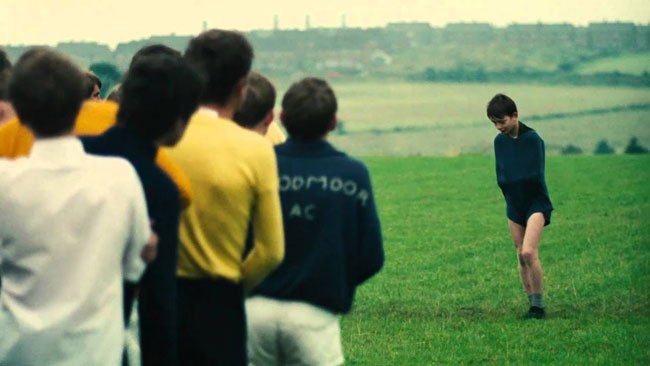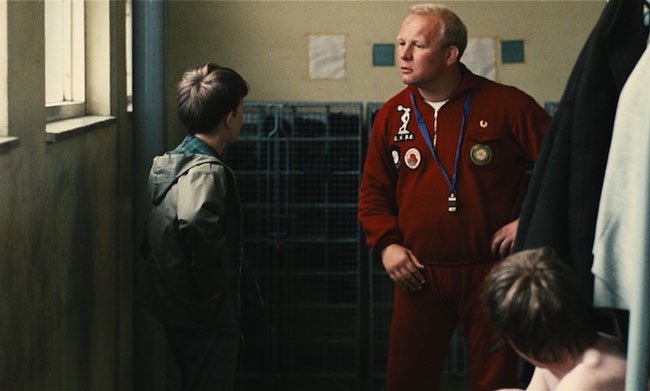Today, I want to delve into the world of "Kes" (1969), a cinematic masterpiece directed by the renowned Ken Loach. This critically acclaimed film offers a realistic and often somber portrayal of the working-class life in late 1960s UK. With its raw depiction of the challenges faced by the marginalized, "Kes" captures the hearts of viewers through its emotional storytelling.

The Pros:
One of the film's greatest strengths lies in its ability to create an immersive atmosphere of the British working class during this era. From the dilapidated neighborhoods to the everyday struggles, Loach masterfully conveys the harsh reality of the characters' lives. This attention to detail lends the film a remarkable authenticity, allowing viewers to empathize with the characters' plights.
Central to the success of "Kes" is the exceptional performances delivered by the cast. The portrayal of the main character, Billy Casper, is particularly noteworthy. The young actor captures the essence of Billy's loneliness and isolation, eliciting a deep emotional connection with the audience. Equally compelling are the performances of the actors portraying Billy's mother, brother, and the sympathetic teacher. Their nuanced portrayals add depth and realism to the story, enhancing the film's impact.
Visually, "Kes" is a feast for the eyes. The skillful cinematography effectively showcases the poverty and destitution prevalent in the characters' surroundings. The carefully composed shots underscore the stark realities of their lives, leaving a lasting impression on the viewer. The film's aesthetic choices serve as a powerful medium for conveying the social and economic hardships faced by the working class during that period.
One of the most memorable aspects of "Kes" is its surprising and brutal ending. Without giving away any spoilers, the climax evokes a strong emotional response, provoking a range of feelings from shock to sorrow. The impact of this poignant conclusion lingers long after the credits roll, leaving a lasting impression on the viewer. Furthermore, "Kes" masterfully explores the formation of a bond between Billy and his hawk. This aspect of the film adds depth and complexity to the narrative, further highlighting the resilience of the human spirit.

The Cons:
While I personally appreciated the deliberate pace of the film, it may prove too slow for some viewers accustomed to faster-paced storytelling. However, the tempo is a deliberate artistic choice that enhances the film's contemplative nature.
It's important to note that "Kes" embraces a bleak and sometimes depressing tone throughout. While this may not be to everyone's taste, I found the film's unflinching portrayal of the characters' struggles to be a powerful and thought-provoking aspect.
Additionally, some viewers may find the ease with which Billy tames the wild hawk to be slightly unrealistic. A more challenging process could have added an extra layer of depth to their bond. However, the film's focus lies primarily on the emotional journey of its characters rather than strict realism.
Lastly, "Kes" concludes on a strongly pessimistic note, offering little room for hope. This unapologetic approach reinforces the harsh realities faced by the characters, but it may leave some viewers yearning for a more uplifting resolution.

Final Thoughts:
In conclusion, "Kes" is a masterful cinematic achievement that provides an unflinching and poignant portrayal of the working class in late 1960s UK. With its incredible atmosphere, outstanding performances, superb cinematography, and emotionally charged narrative, it is almost a perfect film. However, its slow pace and bleak nature may not appeal to all viewers. If you appreciate thought-provoking, realistic, and emotionally impactful cinema, "Kes" is a must-watch. With its powerful depiction of loneliness, survival, and the formation of unlikely connections, the film leaves an indelible mark on its audience.
I give "Kes" a strong 9 out of 10 rating, highlighting its exceptional quality and ability to evoke a range of emotions.